The Road to Kickstarter – Telling Stories
January 12, 2016 by crew
Massive Awesome is Simon Barlow and John Taylor, friends and business partners whose shared love of gaming and a desire to make something awesome prompted us to set out on our own. We are currently deep into preparation for the launch of the tabletop miniatures game Shattered Earth on Kickstarter on February 10th.
In this ongoing series – the previous entries of which you can read HERE (Part 4 – Nuts And Bolts) – our aim is to write about all the steps we’ve taken along the way, and to create an ongoing discussion with the community about what it takes to launch a brand new game into the market.
10) Finding Your Voice
I have probably written millions of words over my lifetime if you include schoolwork, office presentations, emails and text messages. While I have usually paid attention to the quality or ‘correctness’ of these writings, I have never thought much about them having a coherent voice or a style that was consistent throughout.
The writing that I am producing now for our website, our rulebook and this series of articles is the first time that I have written in a regular way and for the same audience over an extended period of time, and so it is the first time I have had to put serious thought into the consistency of my writing.
For instance, all of my blog and website writing is in the first person and all of my game fiction is in third person. Decisions like this seem obvious but you have to be very careful to maintain them as any mistakes really stand out to the reader and can distract from the story.
While you probably don't have time to turn yourself into Iain Banks overnight, you can still follow some simple steps to ensure your writing is as polished as possible. There is a lot of advice available out there for the aspiring writer and if your game will depend on people believing in your world, don't assume that you can get by by winging it; people will notice.
I am generally happy with my own writing but I am very self-critical when I can't get something to sound exactly how I want on the page. I recognise that I almost always need Simon to proofread and do some corrections to improve the flow of each piece – you can't be precious with your writing.
Sometimes you need someone to come along and tear it to pieces and you have to not only be okay with that, but actually be happy about it. Finally, you need to give yourself time to grow into your chosen voice. As with any other regular activity, my writing will improve the more I do of it, which is why I am writing as much as possible now across as many formats as possible.
11) Amount Of Fiction
If you are creating a board game then you will not likely need to produce a great deal of fiction but it is still a good idea to have a few short pieces detailing the main themes of your game. These can be used to promote the game and can be chopped up into smaller pieces for use on blogs, websites and even the back of your game box.
Going through this process early will also make sure that you have your main theme in mind when working on the rest of the game which can help to avoid any contradictions in your characters or gameplay.
If you are producing a tabletop war game where you are following the traditional model of releasing your models separately from one or more rulebooks or ‘splatbooks’ then you will need to produce a lot more fiction to fill them up. There is no right or wrong amount of fiction for your game.
If you look at the rulebooks for Infinity, Batman and Hordes for example, they are all great books but have completely different ways of approaching the fiction aspect, with differing lengths, numbers of pieces and structures to them. I would suggest writing out a plan for your rulebook very early on where you decide how many pages you’re going to aim for and what the composition will be for each.
This will give you a reasonably accurate idea of how much fiction you will need to produce (as well as any photographs and illustrations) and can serve as an overall guide for your writing.
Whatever you do, do not underestimate how long this will all take. Good writing takes a lot of hard work, and the proofreading and revising process needed to provide polished copy is very time-consuming. Be honest with yourself and solicit feedback regularly, and try not to be too precious with your creations.
12) Story Arcs
How big are you thinking your game will be? If you are planning on a standalone game, you don't need to plan for the future and can concentrate on having an articulate story that plays out through your game and comes to a neat end. If your plan is to create a franchise, then you will need to plan for your first game to have both its own story arc and to be a coherent part of a much grander story.
Despite the fact that we are still preparing for our first game, our plan is to create the fiction in a way that will support multiple expansions, novels and games in additional formats. This creates a lot of extra work and planning but if Shattered Earth does end up becoming a successful game, we will have laid the groundwork for years to come and my future self will thank me.
Having a longer arc should hopefully help us more easily create interesting, character-driven story events and scenarios. The popularity of fan-created scenarios for their favourite games demonstrates the changing relationship that gamers have with their games.
Where a decade or so ago the majority of tabletop sessions were a simple fight to the death, most now provide multiple paths to victory through varied scenarios. This provides a richer and deeper relationship with the game and its evolving characters and a well-thought-out fictional background can really help your fans connect with the game.
If you would like to write articles for Beasts Of War then please get in contact with us at [email protected] for more information!
"The writing that I am producing now for our website, our rulebook and this series of articles is the first time that I have written in a regular way and for the same audience over an extended period of time..."
Supported by (Turn Off)
Supported by (Turn Off)
"If you are planning on a standalone game, you don't need to plan for the future and can concentrate on having an articulate story that plays out through your game and comes to a neat end..."
Supported by (Turn Off)





























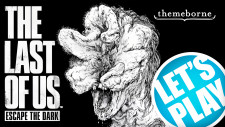

![TerrainFest 2024 Begins! Build Terrain With OnTableTop & Win A £300 Prize! [Extended!]](https://images.beastsofwar.com/2024/10/TerrainFEST-2024-Social-Media-Post-Square-225-127.jpg)
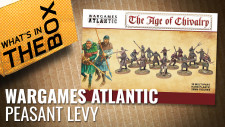
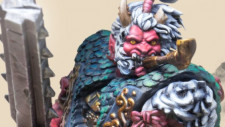
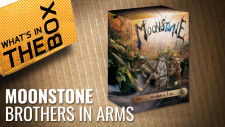







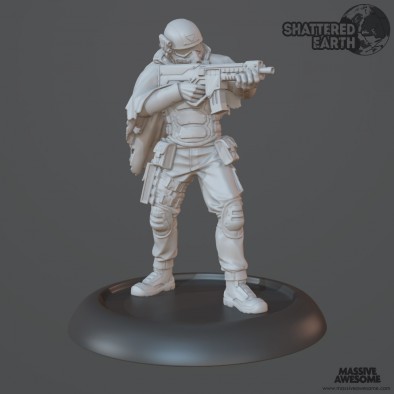
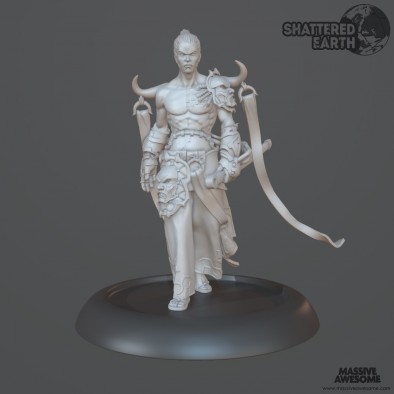
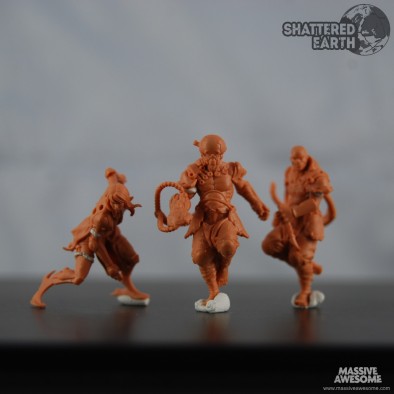
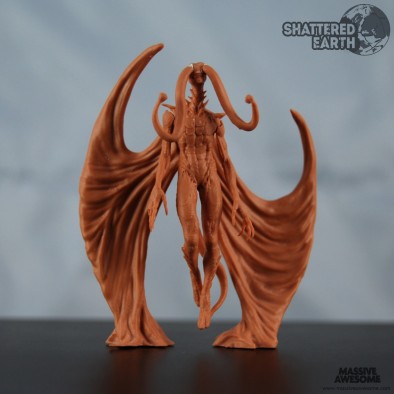
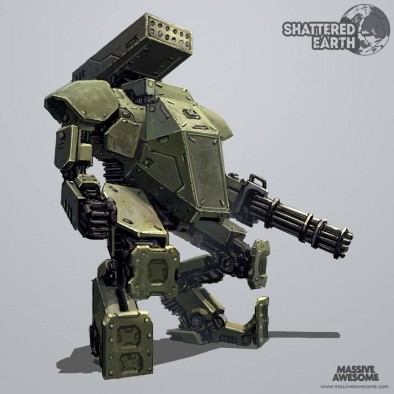
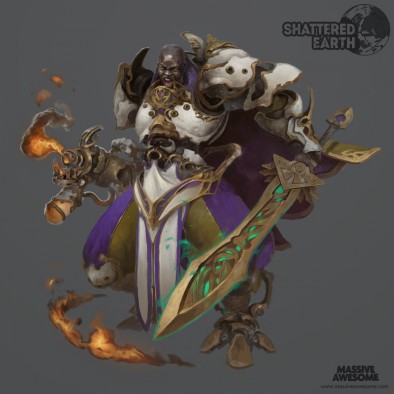


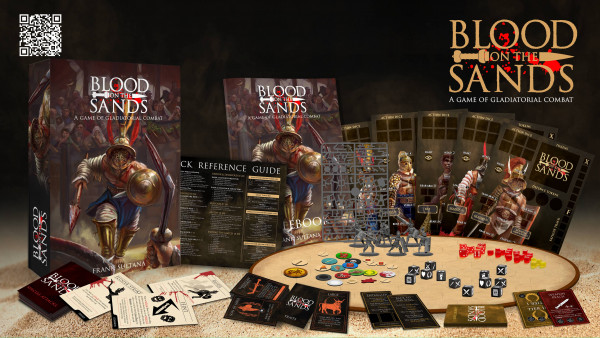
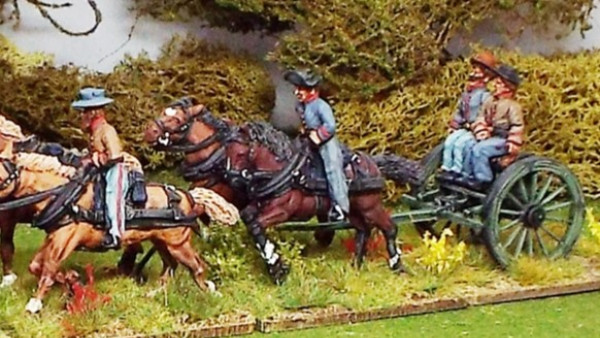
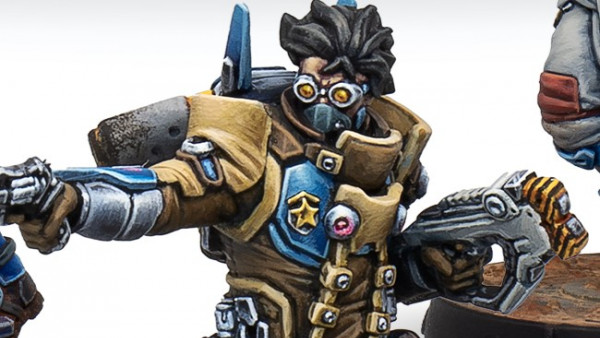
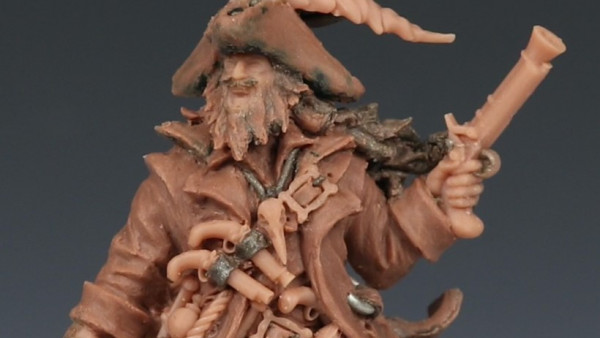
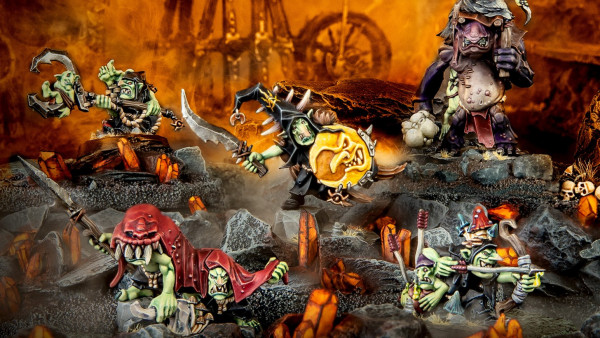
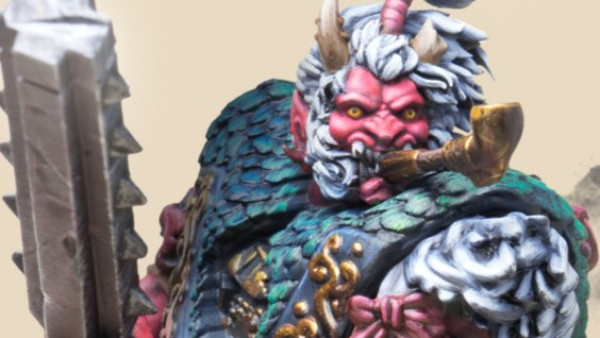
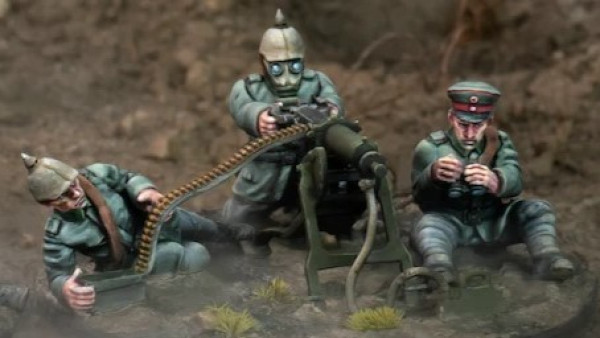
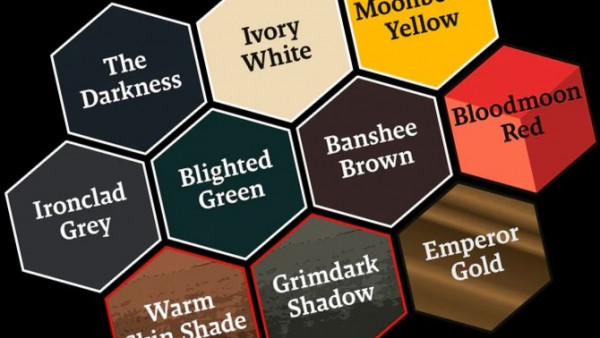
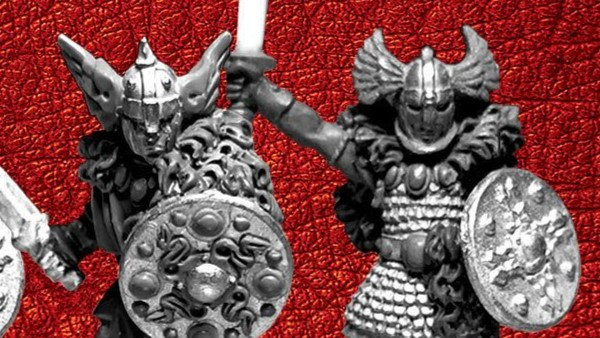
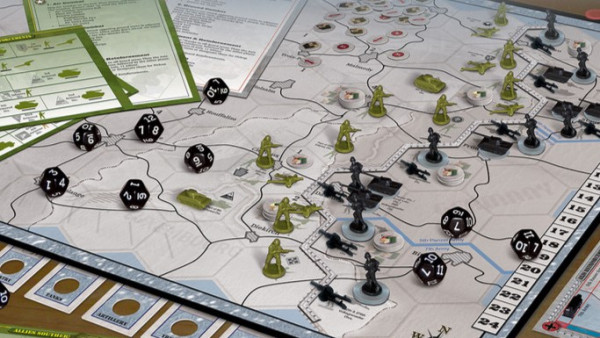









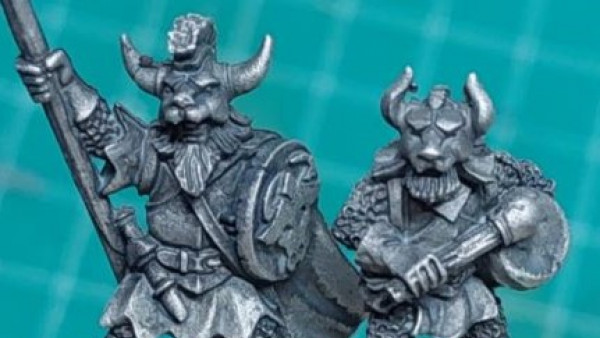
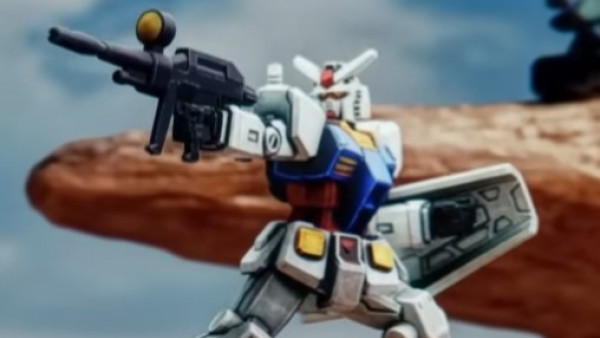
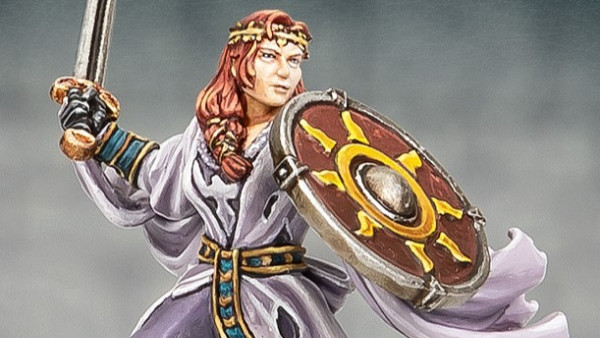

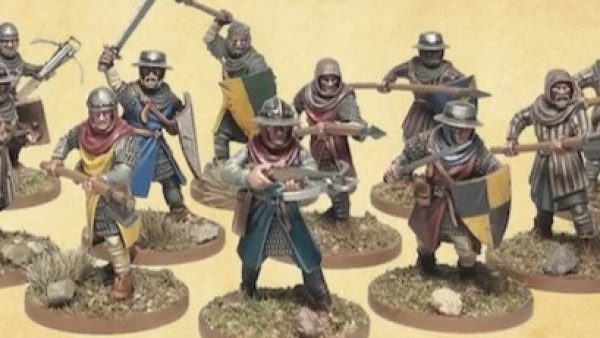
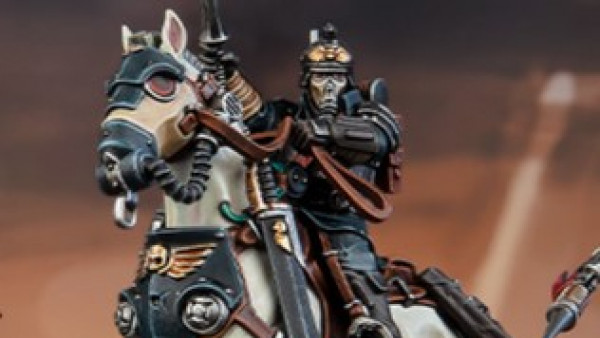
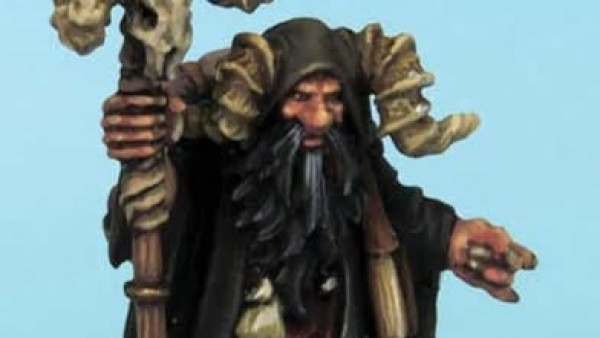
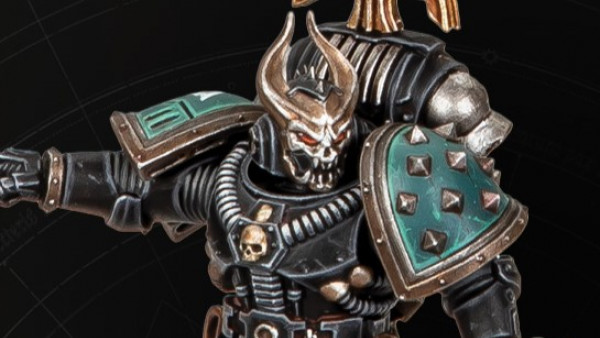
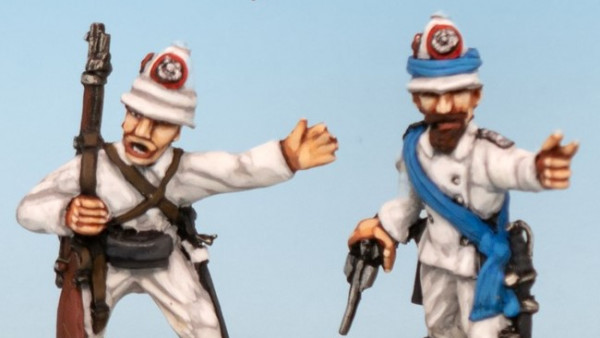

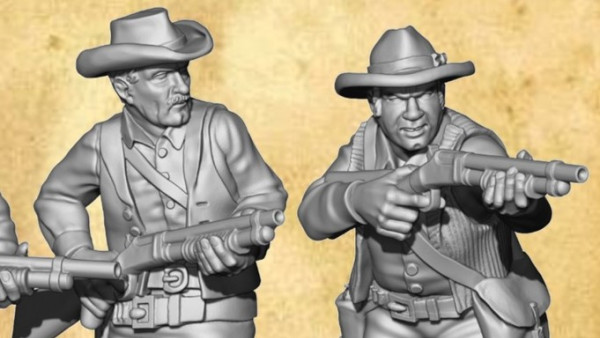


I quite like the articles so far, I think that even for a “boardgame” the background fluff must be thoroughly researched, if the designer (and publisher) cares for an IP and many seem to go towards this direction the past year and probably will do so in the next decade(s) more extensively. People seem to play games from a fictional universe they like, especially if they are from the same name, be it publisher or designer, I set forth Neuroshima world, Hex been the most known, but all the other titles published, for example convoy, draw from the same universe… Read more »
Hey psycoticstorm, I agree that more board games are looking towards creating franchises than in the past but they are still a tiny minority. If you look at the boardgamegeek top 100, there aren’t many games there that have more than a page or two of fluff, which is a shame as I too like to immerse myself in a universe when playing a game, whether board or tabletop. Hopefully the trend of putting an increased effort into the backstory will continue.
The BGG ranking has a fundamental flaw, it expects the users to come back and change their rankings as time goes by.
This is not (realistically) doable, this is why when new games break the older established games it is such an achievement.
That mech and crusader guy are pretty awesome! My favourites!